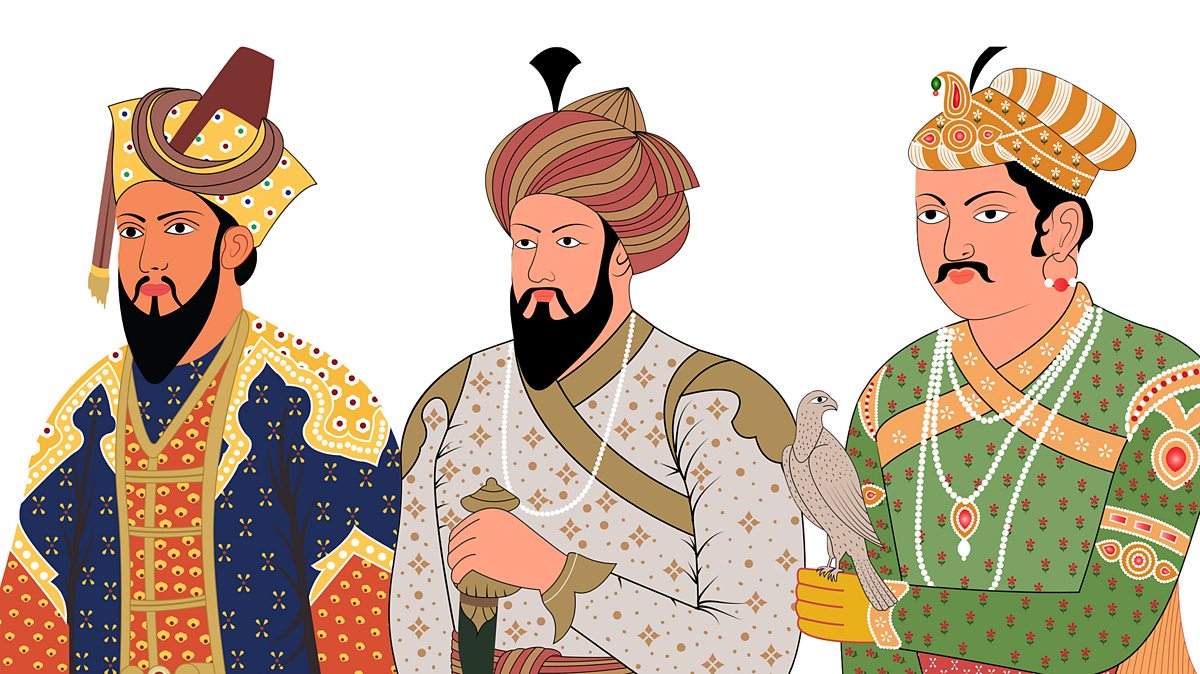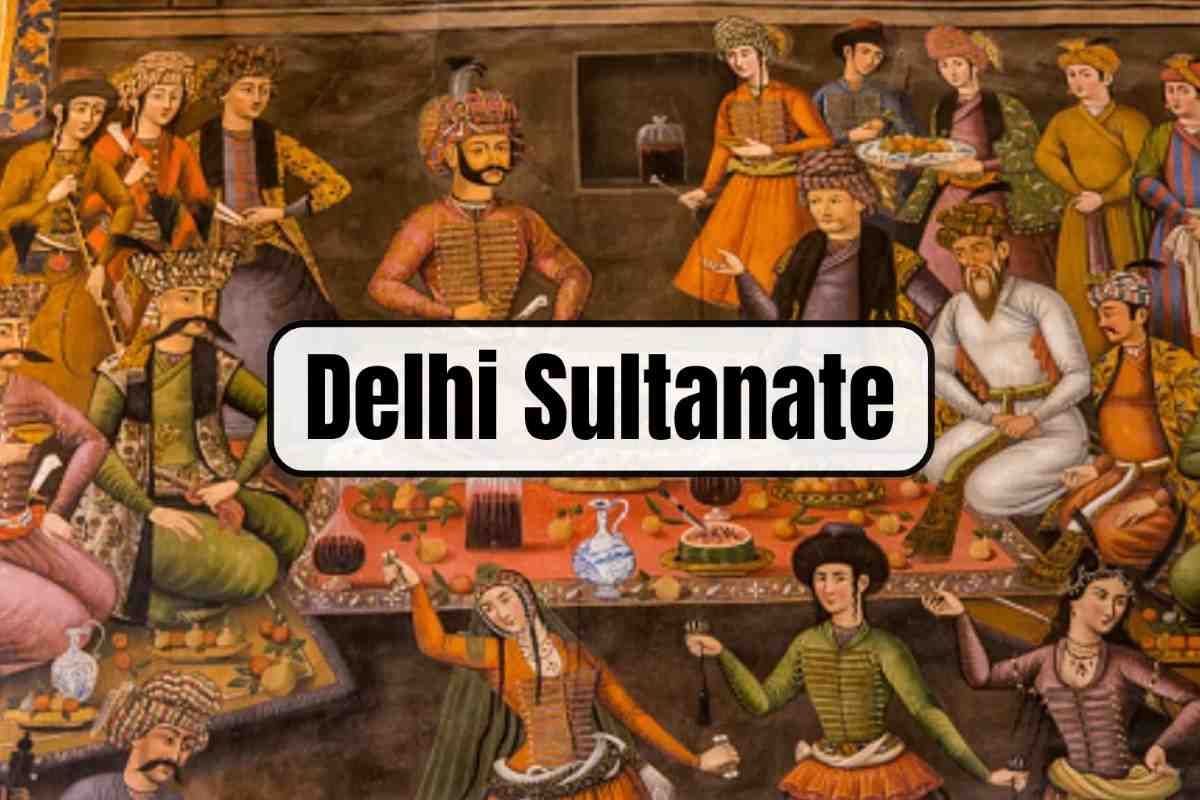India to Inaugurate EFTA Desk
Context:
In a move to bolster economic collaboration, the Union Minister for Commerce and Industry along with high-ranking officials from the European Free Trade Association (EFTA), will inaugurate the EFTA Desk at Bharat Mandapam, New Delhi.
More on News
- The event will see participation from dignitaries including the Swiss State Secretary, the State Secretary of Trade and Industry, Norway, the Permanent Secretary of State, Iceland and the Minister of External Affairs, Education, and Sport, Liechtenstein, alongside senior representatives from the EFTA Secretariat.
- This initiative aligns with Chapter 7 of the India-EFTA Trade and Economic Partnership Agreement (TEPA) and aims to strengthen trade, investment, and business ties between India and EFTA nations—Switzerland, Norway, Iceland, and Liechtenstein.
About BTIA
The Broad-Based Trade and Investment Agreement (BTIA) is a proposed free trade agreement between India and the European Union (EU). Negotiations for the BTIA began on June 28, 2007, in Brussels, Belgium. The goal is to promote bilateral trade by removing barriers to trade in goods, services, and investments across all sectors of the economy. The BTIA negotiations have been stalled since November 2013 due to differences over trade and investment.
About EFTA
- The European Free Trade Association (EFTA) is an intergovernmental organisation that was established in 1960 to promote free trade and economic integration among its member states.
- It was founded as an alternative trade bloc for European countries that were unable or unwilling to join the European Economic Community (EEC), the main predecessor of the EU.
Key Points:
- Members: The current members of EFTA are Iceland, Liechtenstein, Norway, and Switzerland.
- Purpose: EFTA’s primary goal was to eliminate customs duties on industrial products traded between its member states.
- Free Trade Agreements: EFTA serves as a platform for its member states to jointly negotiate free trade agreements with countries outside the EU; currently, around 22 such agreements are in force.
- Not a Customs Union: Unlike the EU, EFTA is not a customs union, meaning that individual EFTA states can set their own customs tariffs and trade measures with non-EFTA countries.
- European Economic Area (EEA): Three of the four EFTA members (Iceland, Liechtenstein, and Norway) participate in the European Economic Area (EEA) with the European Union.
- Switzerland does not participate in the EEA.
CBAM Exposure Index
The World Bank has developed a Carbon Border Adjustment Mechanism (CBAM) Exposure Index to help developing countries assess and prepare for the EU’s CBAM, which will require importers of certain carbon-intensive goods to pay for their products’ embodied carbon emissions. This policy could significantly impact the competitiveness of countries that export these goods to the EU.
CBAM
The EU Carbon Border Adjustment Mechanism (CBAM) is a carbon tariff on carbon-intensive products imported into the European Union. It is designed to prevent carbon leakage, which is the shifting of production to countries with lower or no carbon costs. The CBAM ensures that imported goods are subject to the same carbon costs as products produced within the EU.
About TEPA
The India-European Free Trade Association (EFTA) Trade and Economic Partnership Agreement (TEPA), signed on March 10, 2024, is a comprehensive trade agreement aimed at strengthening economic ties between India and the four EFTA nations.
Objectives and Key Features:
- Trade and Investment: TEPA aims to create trade and investment opportunities by reducing tariffs and non-tariff barriers.
- EFTA has committed to promoting investments to increase foreign direct investment (FDI) in India by USD 100 billion over the next 15 years and facilitate the creation of 1 million direct jobs.
- Market Access: EFTA is offering 92.2% of its tariff lines, covering 99.6% of India’s exports.
- This includes 100% market access for non-agricultural products and tariff concessions on Processed Agricultural Products (PAP).
- Comprehensive Coverage: The agreement includes 14 chapters, covering trade in goods, rules of origin, intellectual property rights (IPRs), trade in services, investment promotion and cooperation, government procurement, technical barriers to trade, and trade facilitation.
- Enhanced Cooperation: TEPA aims to ensure fair and transparent market access conditions for service providers and investors, enhance cooperation on intellectual property rights protection and enforcement, and facilitate trade procedures and customs cooperation.
- Strategic Priorities: The trade deal prioritises tariff reductions and simplification of trade procedures, particularly for products like high-value fish, advanced chemicals, pharmaceuticals, machine equipment, and Swiss chocolate.


